The perpetrator of the terrorist attack that killed Lt. Gen. Igor Kirillov, the head of the Troops of Radiological, Chemical and Biological Defense of the Russian armed forces, recruited by the Ukrainian special services, has been detained, Russia's Federal Security Service (FSB) said on Wednesday.
"As a result of operational and investigative activities conducted jointly with the Russian Ministry of Internal Affairs and the Russian Investigative Committee, the Russian Federal Security Service has identified and detained a citizen of Uzbekistan, born in 1995, who detonated a homemade explosive device near a residential building on Ryazanskiy Prospekt in Moscow, which resulted in the death of ... Lieutenant General Igor Kirillov, born in 1970, and his assistant, Major I.V. Polikarpov, born in 1983," the FSB said in a statement.
The perpetrator said he had been recruited by Ukrainian special services, adding that on their instructions he arrived in Moscow, received a powerful homemade explosive device and placed it on an electric scooter parked near the entrance to Kirillov's residential building.
To monitor the address where the general lived, he said that he rented a car and installed a Wi-Fi video camera in it, transmitting the image to the organizers in Ukraine.
"For the murder of the Russian serviceperson, the citizen of Uzbekistan was promised a reward of $100,000 US and a trip to live in one of the EU countries by the Ukrainian special services," the statement read.
The detained person faces punishment of up to life imprisonment, the FSB said, adding that Ukrainian special services officers involved in organizing the terrorist attack will be found and punished.
On December 17, the Russian Investigative Committee said it had opened a criminal case in connection with an incident on Ryazansky Prospekt in Moscow, which resulted in the deaths of two men. Later, it said that Kirillov and his assistant died as a result of the explosion of an electric scooter in which an explosive device had been placed.
Kirillov became widely known immediately after the start of the special military operation for his numerous briefings in which he brought evidence against the United States, its Western allies and the Kiev regime of preparing provocations with toxic substances and plans to create a "dirty bomb" to discredit Russia and the goals of the special operation.

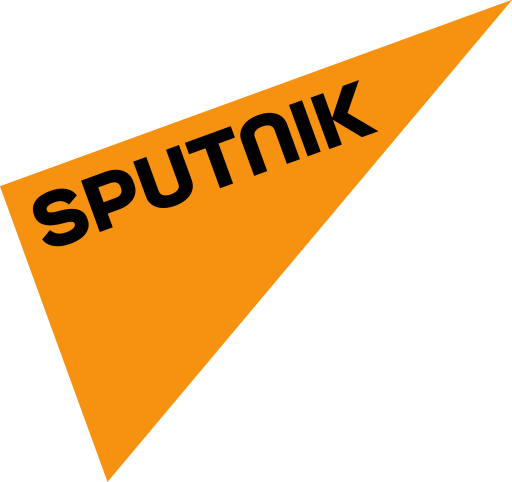 4 months ago
30
4 months ago
30
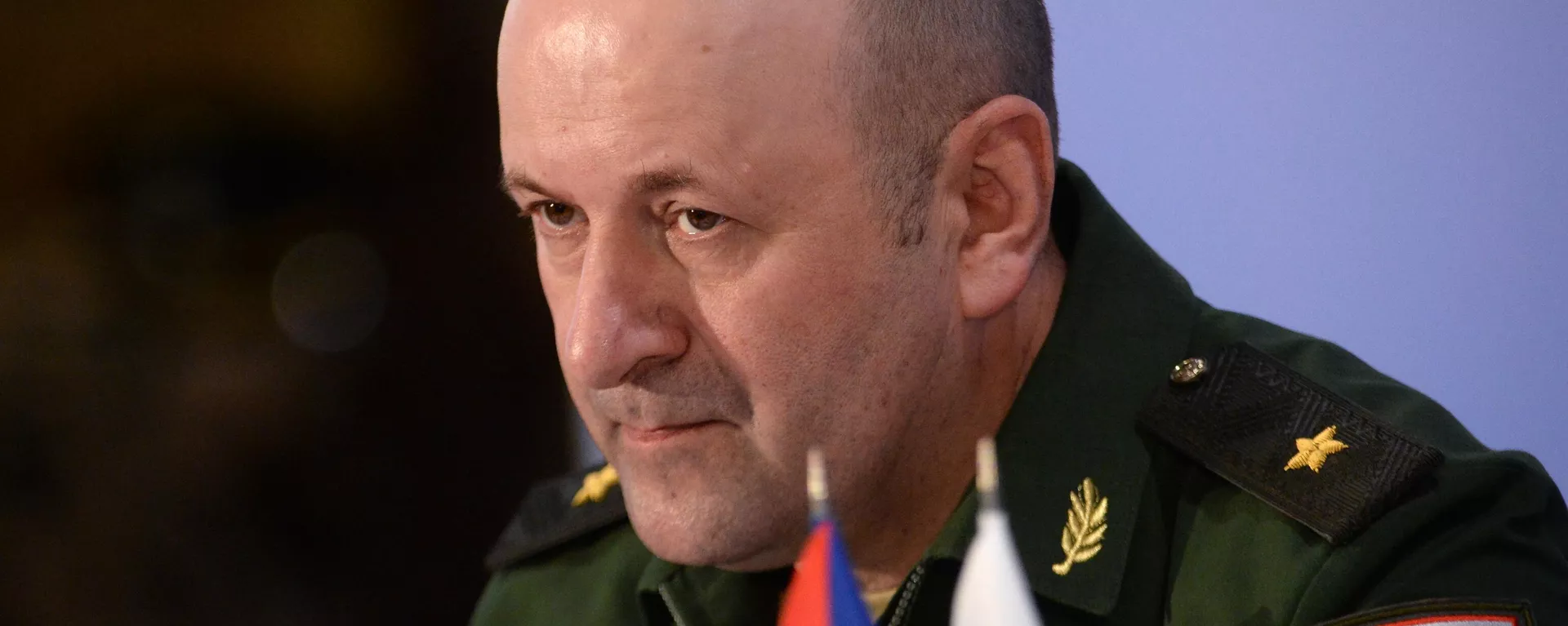
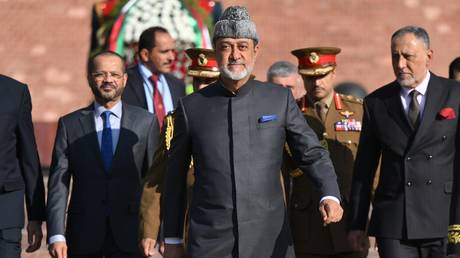
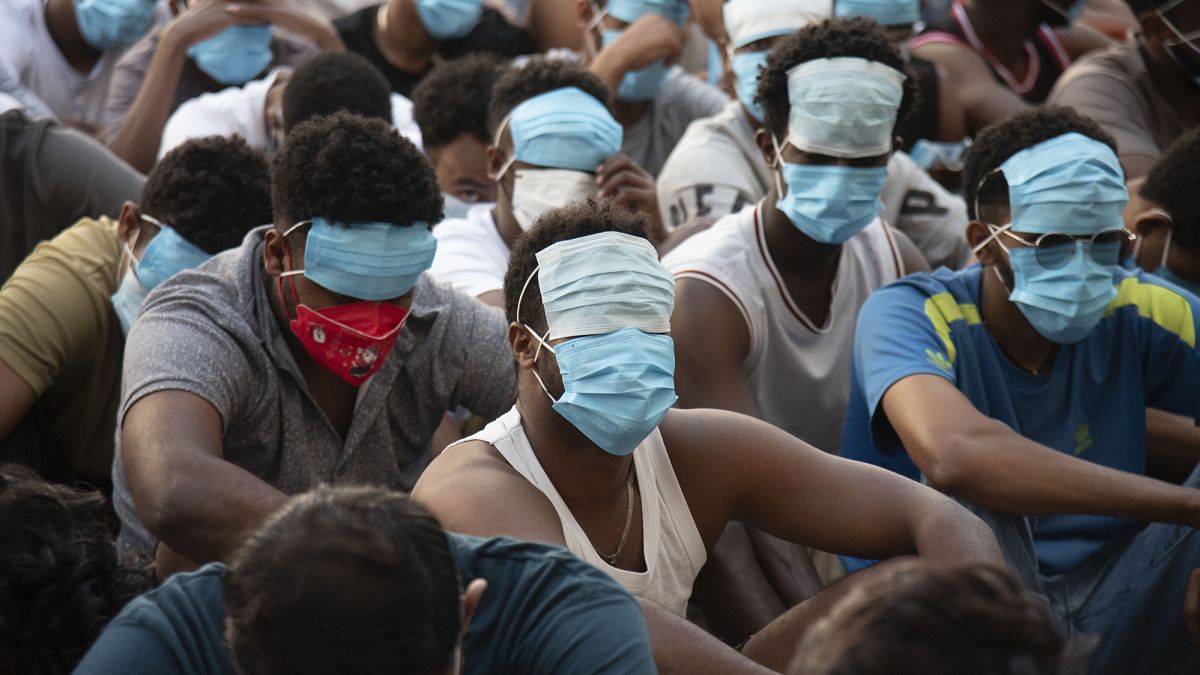
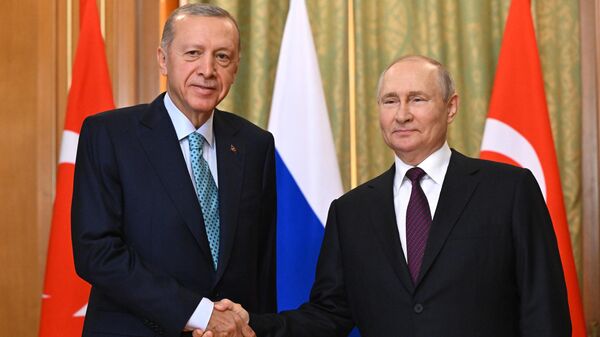
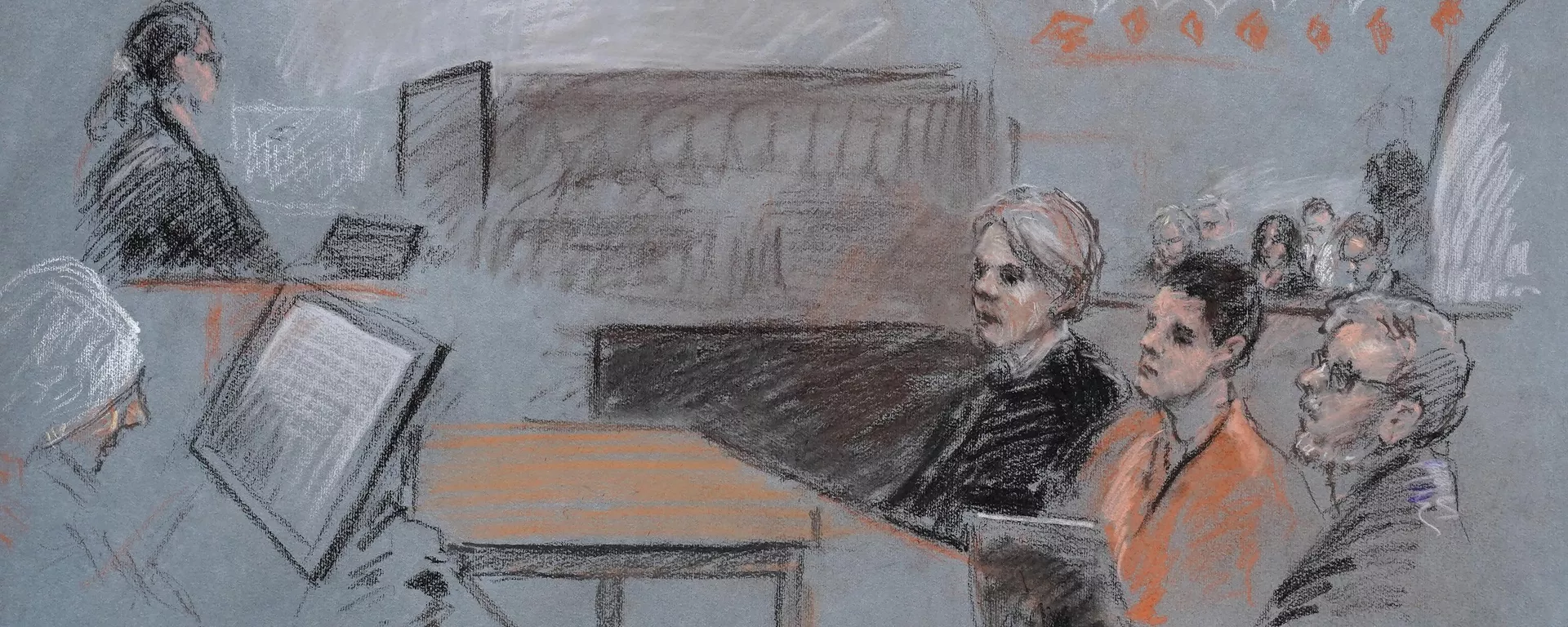

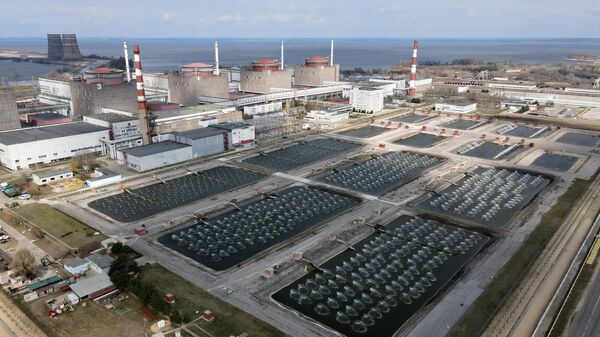
 We deliver critical software at unparalleled value and speed to help your business thrive
We deliver critical software at unparalleled value and speed to help your business thrive






 English (US) ·
English (US) ·